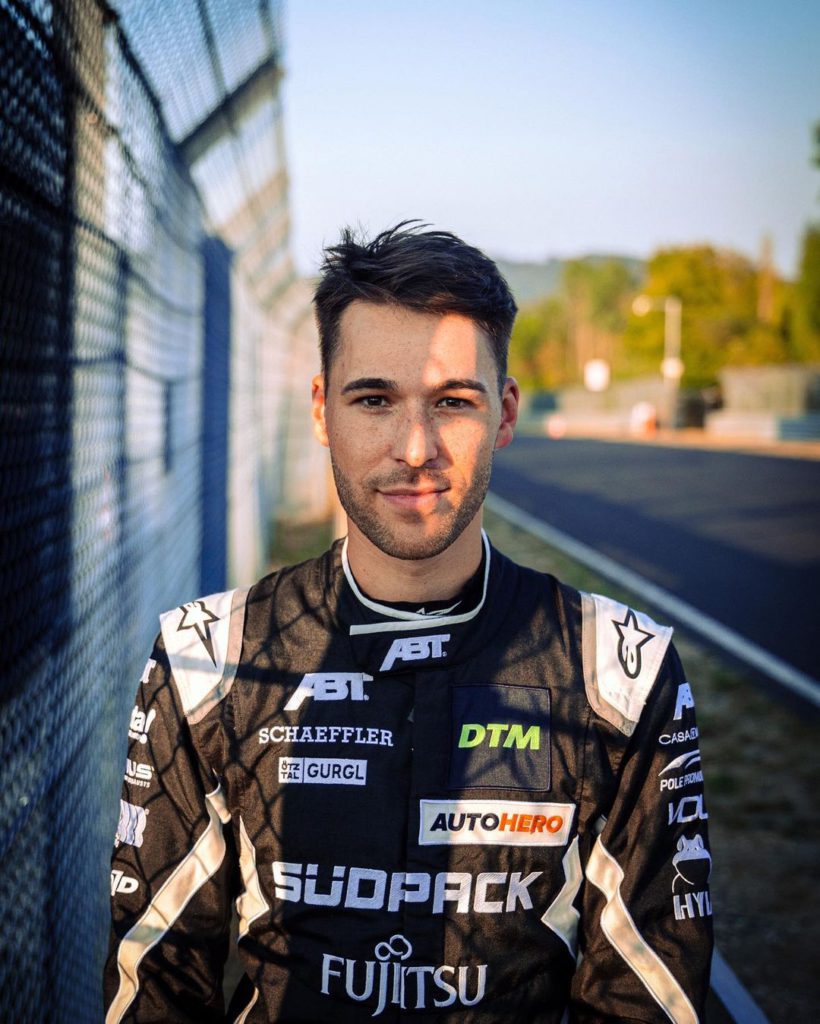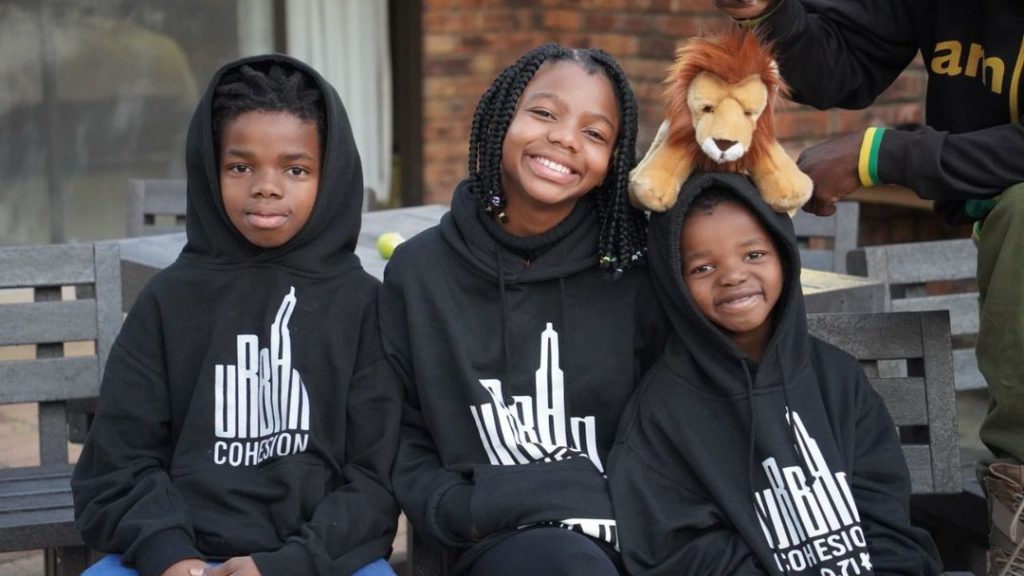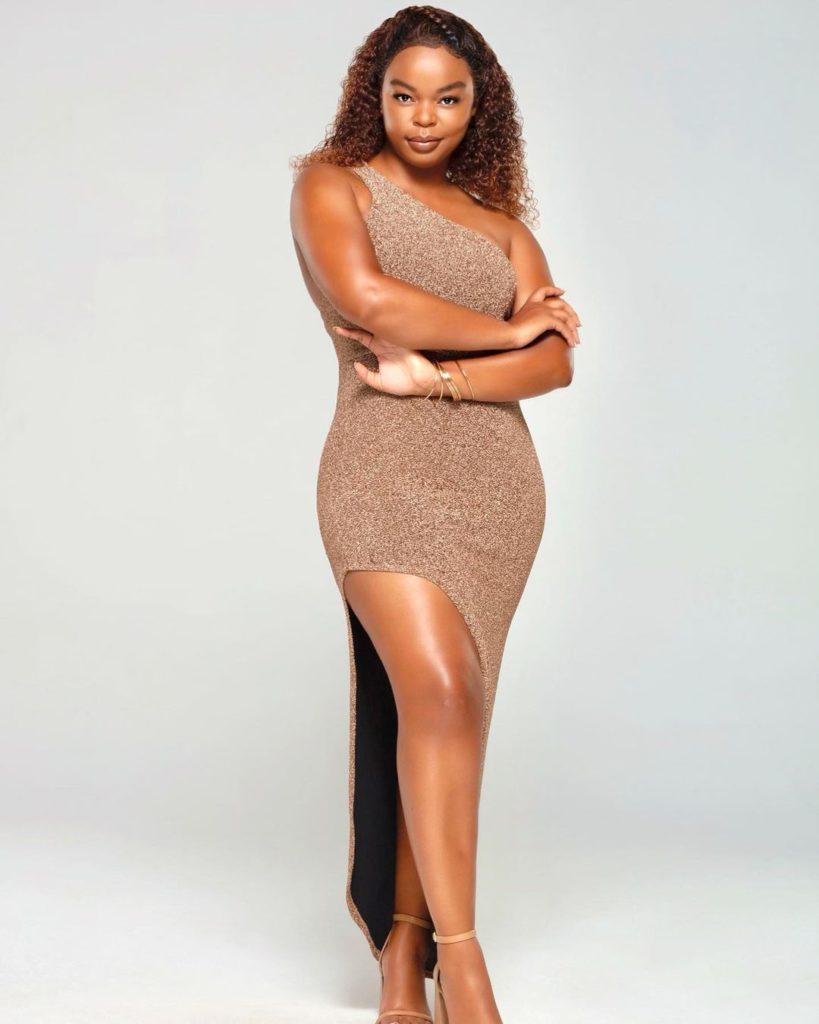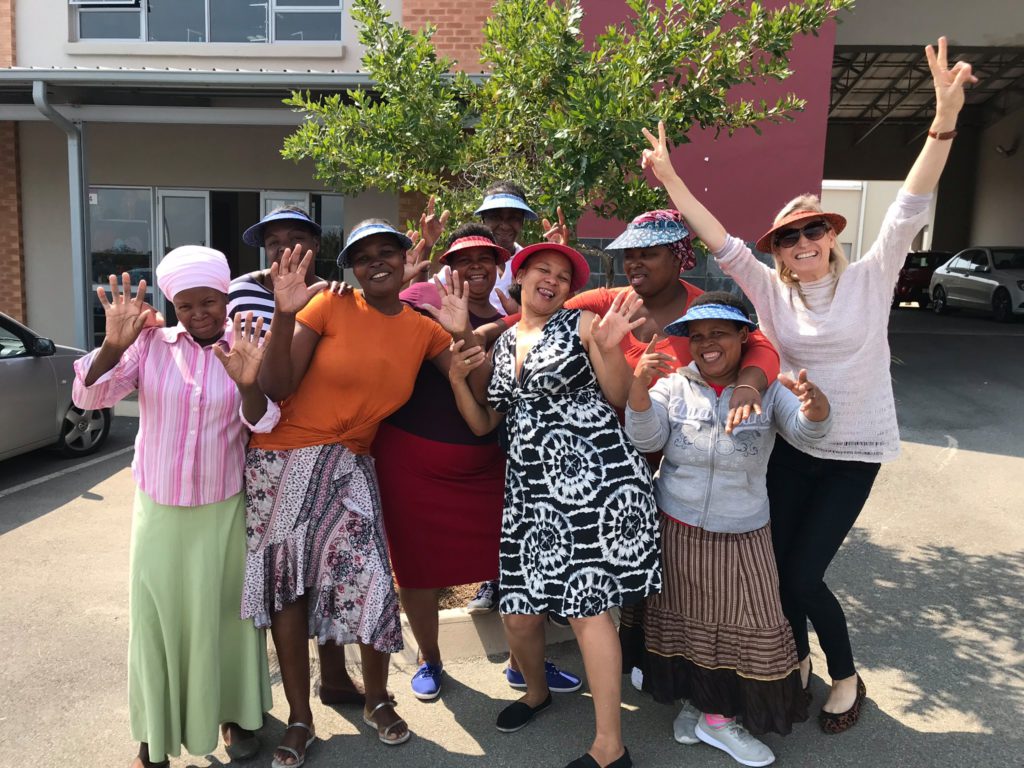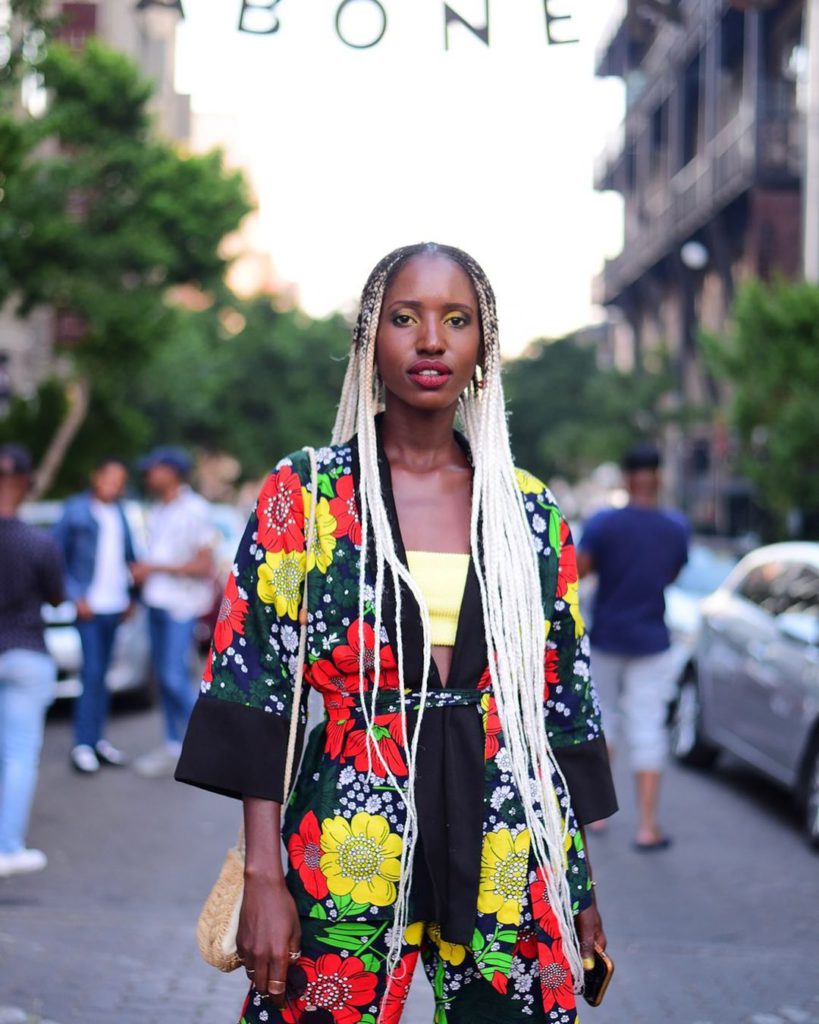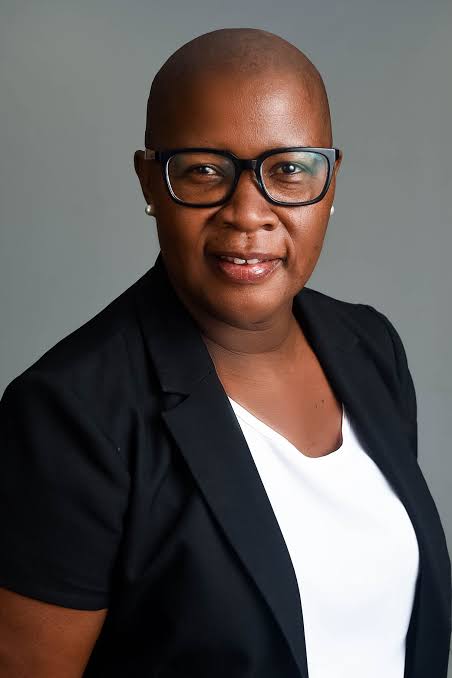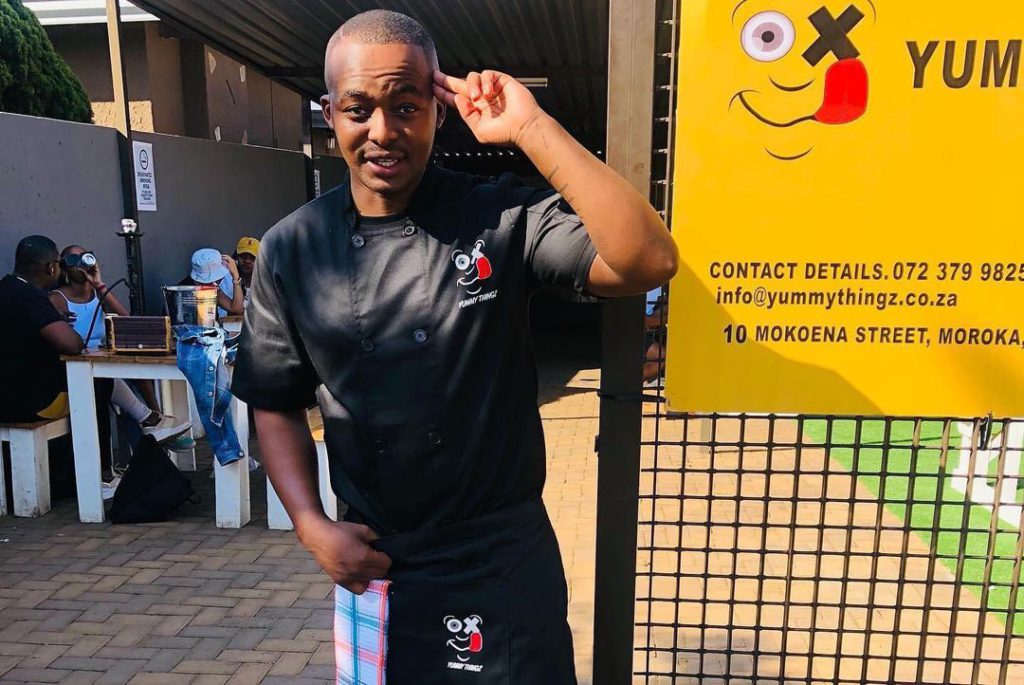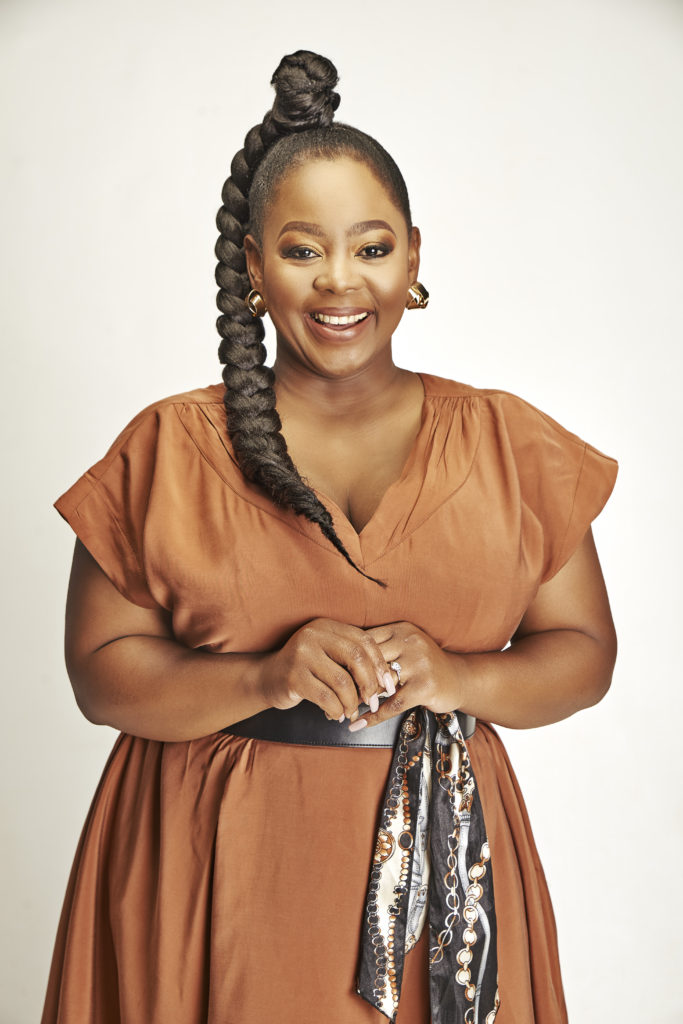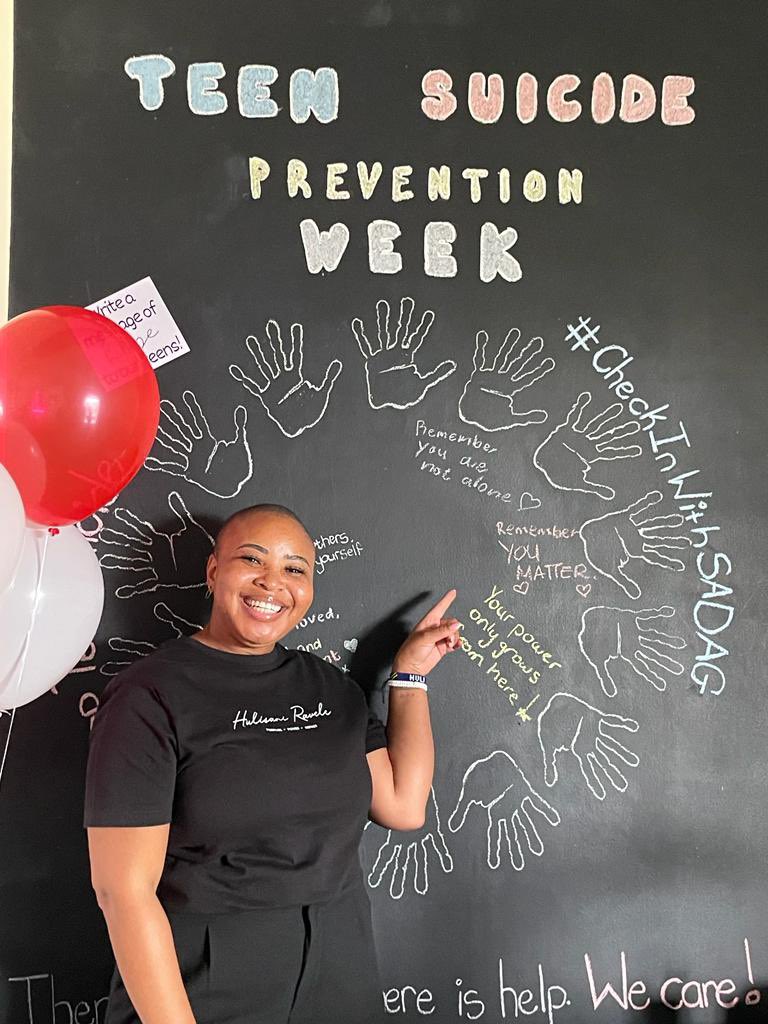There was nothing out of the ordinary during 28-year-old Bontle Moabi’s childhood in Johannesburg where she was raised by her parents along with her two brothers. While she enjoyed the privilege of family vacations abroad and going to some of the best Christian schools, she had always noticed that her menstrual cycle was not like the average teenager’s.
“For years I struggled with painful periods and issues related to my womb and my period. I had my first period when I was 11/12 years old and since then I’ve had numerous visits to the doctor,” Bontle tells The Fuse.
On some occasions, she would have her period for more than 30 consecutive days or have a sudden excessive flow of blood out of nowhere and would need to be rushed to the hospital. However, even with all the doctors’ visits, Bontle was never diagnosed with endometriosis, but she suspected it was because her mother had it, and she would watch her deal with how crippling it can be.
At 16, Bontle experienced a sharp pain that woke her up from a nap at school and was rushed to the hospital but still nothing. “I was told nothing was going on, the doctors couldn’t see anything, but I was in excruciating pain.”
Nearly ten years later, when she was 25 years old, Bontle was finally diagnosed with endometriosis
Relief
“My reason for seeing the doctor was because, for about five or six weeks, I was in a lot of pain and I think my health was just in a bad state altogether, I couldn’t fully function, so after a visit to the gynae, I got my endometriosis diagnosis, and I can’t even explain to you, my relief. I wasn’t crazy, and it wasn’t all in my head like I had been told before,” Bontle recalls.
The most accurate way to get an endometriosis diagnosis is through laparoscopy, but it can be done through transvaginal ultrasound and that is what Bontle did, “but it was also based on symptoms, family, and medical history. I just remember being in the doctors’ rooms feeling a sense of relief.
“It was also bittersweet because of my mother’s own journey with it, the multiple surgeries, a full hysterectomy, it was a lot but at least I knew how to deal with what was going on with me and it validated the struggles I faced daily,” she adds.
Unfortunately, a year later, she was diagnosed with fibroids and had surgery to remove them. According to her results, Bontle is officially fibroid free and there is no presence of endometriosis, “but sadly I am dealing with infertility and pain every single day,” she says.
Daily struggles
Some of Bontle’s daily struggles include pain in her leg, in her back, and knees, abdominal pain, before her period, after her period and during her period. She struggles to get a full night’s rest because of pain, and sometimes can’t make it to lectures.
“I can’t wear certain clothes because of the bloating, it gets quite serious, for most parts of my day and life, I must be careful with what I eat and drink and how much I stress because these coils all trigger the pain. I’m always on stand-by with a pad because literally at any moment I could just start my period, so it’s this constant anxiety. All of this impacts my mental health, I’m almost grieving who I used to be before the chronic pain,” Bontle tells us.
“I miss out on a lot because of my physical and mental state because of all the pain and struggles with endometriosis but what makes it harder is that for the most part, I won’t look like I’m in pain, so it makes it difficult for people to believe me. I also struggle with this constant fatigue and so it can make it very hard to be productive sometimes,” she adds.
Writing her way into healing
In 2020 after getting her diagnosis, Bontle decided to intentionally focus on her healing. She chose to go the homoeopathic route, and this has helped. She also takes pain medication daily but because of the harm it can cause when used frequently, she sometimes sits through the pain.
“But more than anything, I stay kind to myself you know? And I make sure to rest as much as possible. Now and then I allow myself to have that piece of cake, or I get those chicken wings, without guilt,” she smiles.
Bontle found comfort in writing poetry about her experiences, including heartbreak and being a rape survivor. She’s written two poetry books: the first titled Church and the second, Memories of His Bathroom Floor.
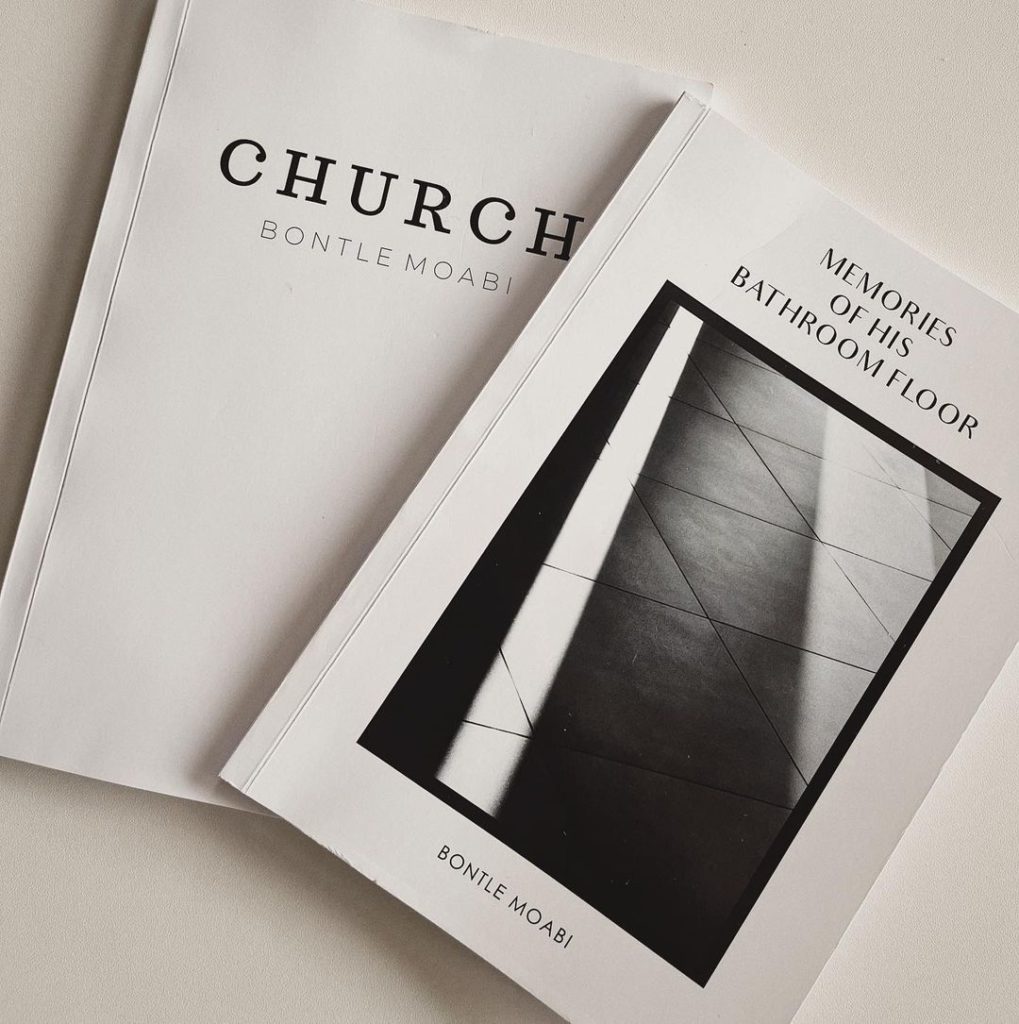
Church
“Church was inspired by the devastation I experienced after a heartbreak that I just couldn’t get over; I describe it as a journey of a love experience expressed as a single poem spread across an entire book.
“The church is used as an analogy to symbolise a deeply devoted love, portrayed as a worship experience. I made ‘him’ my church, my god, and lost me in the process, so Church is basically my expression of that pain and loss and how I found my way back.”
Memories of His bathroom Floor
“I describe Memories of His Bathroom Floor as a written illustration of a heart-breaking sequence of events that are expressed as poetry. Every tear shed on this bathroom floor has been accounted for by these words. It is a survivor’s recollection of memories of a vile and heinous crime. It is a nightmare that turned into reality and the struggle to heal and forgive.
“This is a well-thought-out description of my book, but to put it bluntly, this is my story about sexual assault and being a rape survivor. I use one of the violations to express and describe basically how I feel about the others.
“I kept it short because, the act, the violence only took minutes to change my entire life, so I felt that with the length of this book and how raw I wanted to be with it, would portray the same message that, it only takes seconds to change everything.”
When she wrote these anthologies, it was for her healing first. Bontle felt a need to release the pain from her spirit, mind, and body, with the hope that it would help the next person do the same.
“In my journey of healing, one of the biggest things to help me get through it is the support, so if more people would believe those that say they are struggling and try to support them, it makes the journey a little easier instead of being gaslit and told that it’s all in their head, which sometimes comes from medical professionals too,” Bontle says in conclusion.
Connect with Bontle: https://bontlemoabi.me | 2bontle@gmail.com


